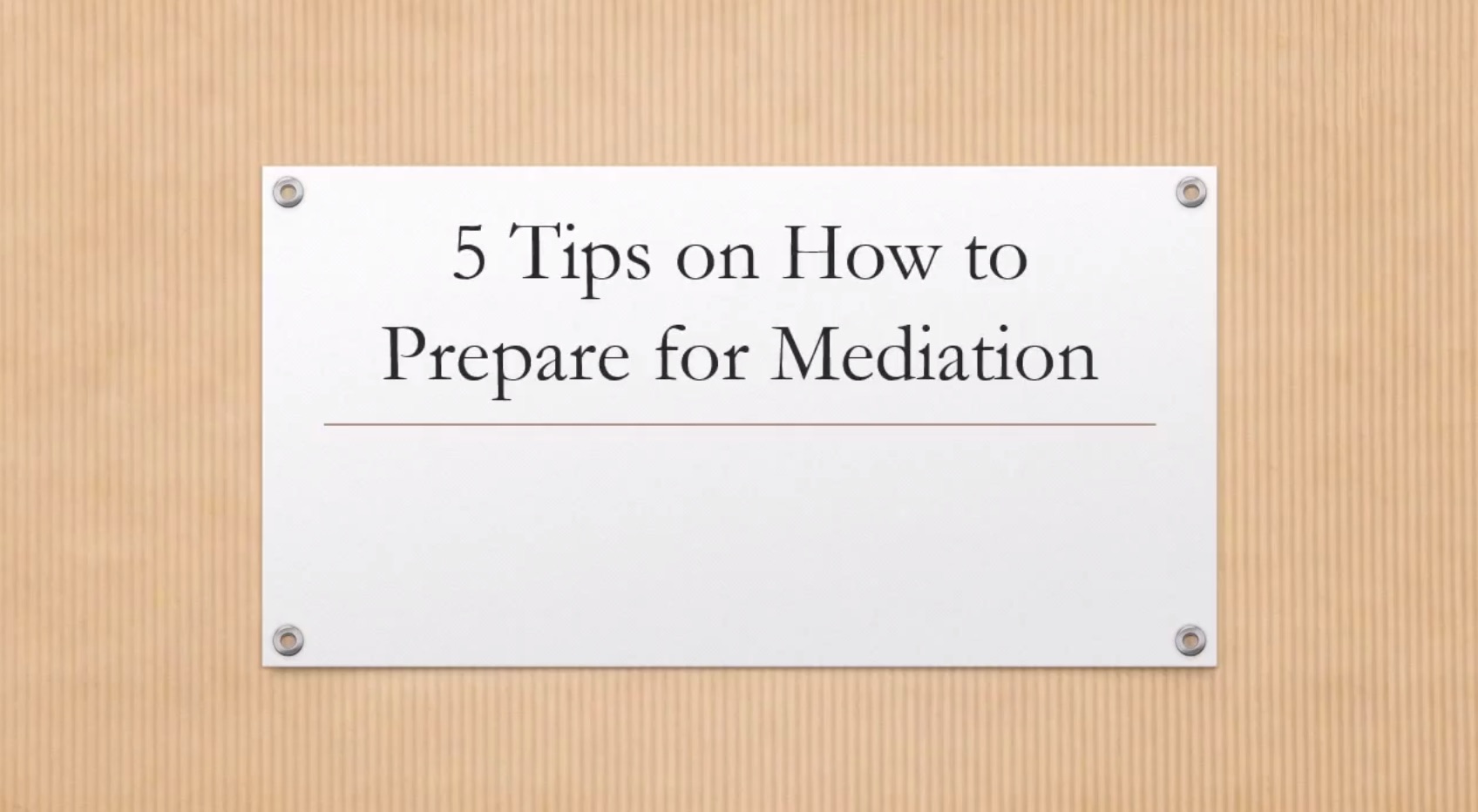There are plenty of advantages to mediating your dispute as opposed to litigating.
Control the outcome
Firstly, the parties are in control of the outcome and any agreement reached in mediation. With this control the parties can make sure any agreement is detailed and specifically tailored to the parties true reality.
Because of this ability to use detail and specifics, the participants to mediation are also usually more satisfied with the outcome at mediation. This satisfaction stems from the parties being involved with the crafting of the solution to the dispute, rather than a third party (judge) imposing an outcome on the parties.
Better follow through
In addition to this, there is often better follow through after an agreement is reached at mediation, because the parties are more likely to abide by the terms of an agreement they were involved in creating.
It is at mediation where the parties can brainstorm creative solutions together and with the assistance of the mediator.
Address non-legal issues
There may also be issues that are not legally relevant in court, but that are very relevant to the parties in reaching an agreement. At mediation all of these particulars may be heard, and each party may include issues they want the other party to know and consider.
Many times there is also some form of relationship that is involved in the dispute. Relationships may be easier to maintain after coming to an agreement in mediation, or the termination of a relationship may be more amicable.
Protect privacy
Additionally, and most importantly, mediation is completely confidential. The parties meet with the mediator in a private setting. Court hearings are public and anyone can come to the courtroom to witness the entire process, so settling during mediation is the best way to keep your family law issues private.
Any offers for an agreement that are discussed at mediation may not be used later if the dispute proceeds to court and the mediator may not be subpoenaed to testify in the matter.
This confidentiality encourages open and honest communication in attempts to reach an agreement. Mediation is also a voluntary process and the parties may leave at any time.
Save money
Finally, mediation is a cost effective option and is usually much less expensive than the costs of litigating a case in court. These are just a few of the benefits of mediation, depending on your case there usually many more.
You can learn about why we provide the best possible services, visit our mediation page.
To schedule mediation with a mediator at Long Okura, visit our online scheduling calendar to find dates and times that work for all parties.










I agree MKB Law. Parties can save a lot of time as court dates are often scheduled weeks to months out, and just being in a court room can be very stressful for people. Also knowing that you were heard and contributed to the solution often reduces the stress level.
I agree there are certainly a host of benefits to mediation. I would also suggest that is often more timely and less stressful for those taking part as the talks are less formal than court proceedings.